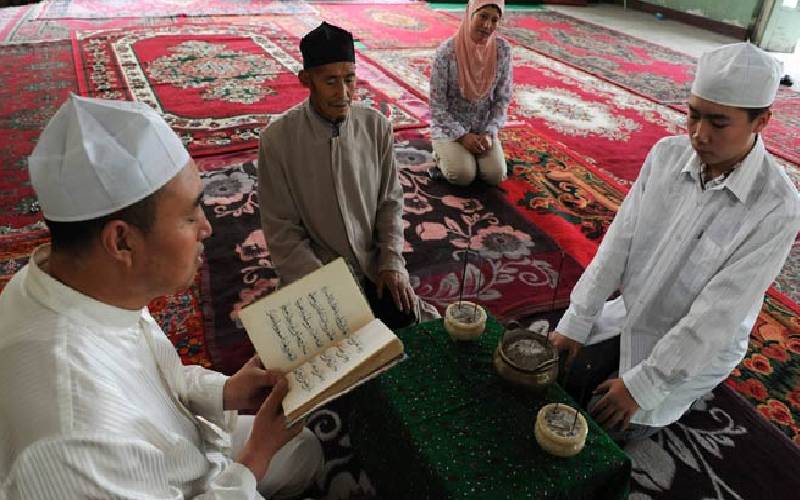×
The Standard e-Paper
Fearless, Trusted News

The Uyghur Muslims in China’s have not been following rituals during the holy month of Ramadan over the fear of being called extremists and subsequently detained and subjected to harsh interrogations.